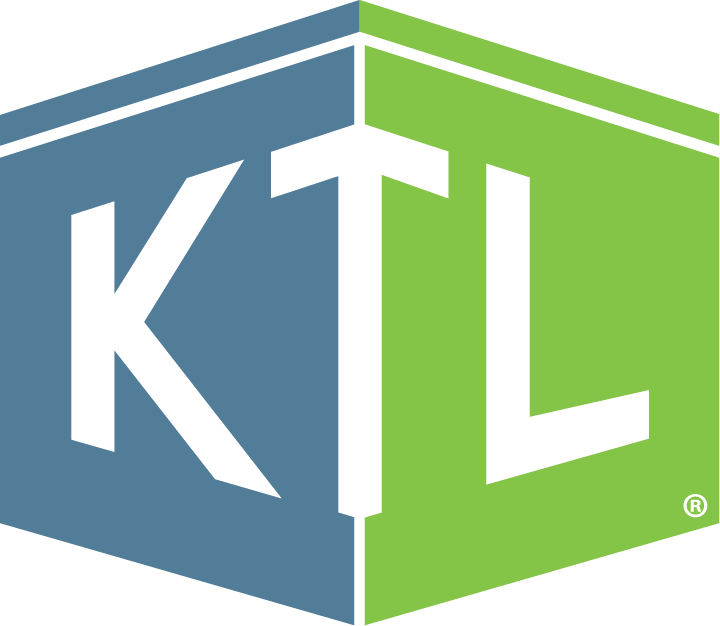
Environment
Comments: No Comments
BIOTECHNOLOGY FOCUS
Preparing products for shipment out and receiving raw materials in are both critical parts of the biotech lab/industry supply chain. In fact, managing transportation of these materials is an essential component of achieving operational success. Shipping hazardous waste that has resulted from product manufacturing or industrial processes is also vital to operations, as doing so helps to ensure compliance with regulations and minimize risks onsite.
Yet as important as hazardous waste transportation is in the biotech industry, some of the most overlooked regulations in industry are those requirements the Department of Transportation (DOT) has in place for “offering” (i.e., shipping or receiving) hazardous materials into commerce. Regardless of whether a company is shipping hazardous materials, receiving hazardous materials, or shipping hazardous waste, there are regulatory requirements that must be met to avoid substantial penalty and to maintain safe and compliant operations.
Training Requirements and Common Violations
The most significant DOT requirement related to waste relates to the DOT’s regulations for training, as enforced by the Pipeline and Hazardous Materials Safety Administration (PHMSA) division. PHMSA’s Hazmat Transportation Training requirements identify five areas that anyone offering (i.e., shipping or receiving) hazardous materials into commerce must be trained in to meet the General Awareness Hazardous Materials Regulatory (HMR) requirements (49 CFR 172.704).
One of the most common violations identified by both DOT and the Environmental Protection Agency (EPA) is failure of personnel signing hazardous waste manifests to have appropriate DOT training. A manifest tracks hazardous waste movement from your site to the proper destination (i.e., from “cradle to grave”). Each party that handles the waste signs the manifest and retains a copy for themselves. This ensures critical accountability in the transportation and disposal processes. If you are required to use a manifest for off-site shipments of hazardous waste, it is likely that you are required to have some form of hazardous waste training.
Training must be completed within 90 days of employment and must be refreshed at a minimum of every three years. Failure to meet this training requirement can result in substantial financial penalty. Perhaps even more important, lack of training may also impact the understanding of employees in how to correctly—and safely—perform their duties.
Penalties
The 2019 DOT HMR penalty amounts are as follows:
- The maximum civil penalty for a violation of hazardous materials transportation law (49 U.S.C. 5123(a)(1)) is $79,976 per day, per violation.
- For a violation that results in death, serious illness, severe injury, or substantial property damage, the fine is $186,610.
- The minimum penalty for a violation related to hazmat training (required once every three years for all hazmat employees per 49 CFR 172.704) is $481 per day, per violation.
Training and Resources
Training is key to compliance when it comes to shipping and receiving hazardous materials. Kestrel offers training with competency demonstration that meets the DOT Hazardous Materials General Awareness Training requirements. In a one-day seminar, participants:
- Learn all five required areas of compliance
- Develop understanding of various hazard classes and appropriate shipping requirements
- Practice identification of shipping names and use of the DOT Hazardous Materials Table in 49 CFR 172.101 as a reference for information
- Demonstrate competency and understanding through a written exercise at the completion of the class
Kestrel’s next offering of the 8-hour DOT Triennial General Awareness Training is being offered specifically for the biotech industry on Thursday, October 23 in Madison, Wisconsin. Register online.
The following resources may also be helpful in understanding your hazardous waste transportation requirements:
